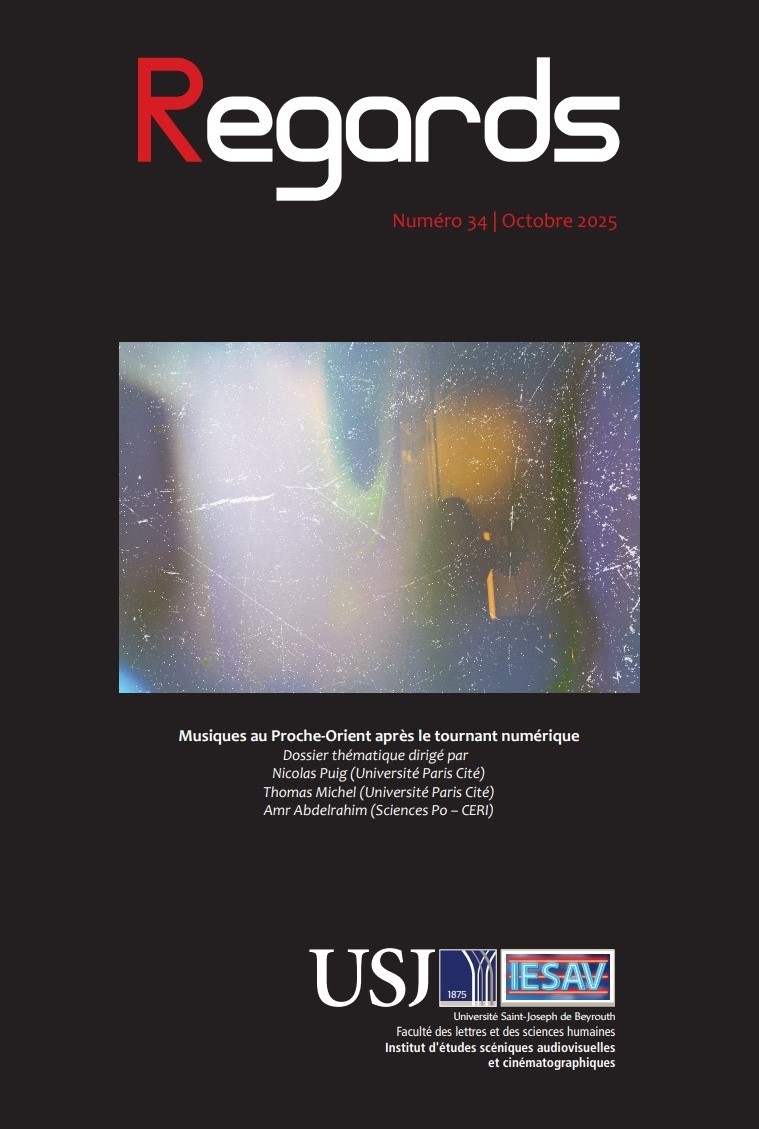Abstract
The article examines a Beirut-based network of self-funded, independent musicians who translate memories and emotions into artistic and activist practices. Drawing on musical albums created since the 2020 Beirut port explosion, it explores the social and emotional impact of artist-run spaces for music production. Focusing on a friendship-based network around the collectively-run recording studio Tunefork Studios, it highlights how care, trust, and solidarity with Lebanon’s citizens and music producers are reflected in creative practices, production methods, and distribution strategies.
The author argues that since 2019, Beirut-based musicians have increasingly foregrounded the emotional toll and personal investment in political, infrastructural, and humanitarian crises within their creative output. This critical period encompasses the Covid-19 pandemic, the 2019 uprising, Lebanon’s economic collapse, the Beirut port explosion, and regional conflicts affecting Lebanon and Palestine.
Through an analysis of the song Home is So Sad (2021) by the dream-pop band Postcards, the paper reveals how collaborative music-making and songwriting can function as acts of healing, processing, and preservation — building sustainable cultural infrastructures. Based on digital and in-person fieldwork in Beirut, alongside research in social anthropology, ethnomusicology, and Bandcamp liner notes, the article adopts a methodological framework combining anthropological inquiry and artist-led storytelling to connect sonic interventions and grassroots activism.

